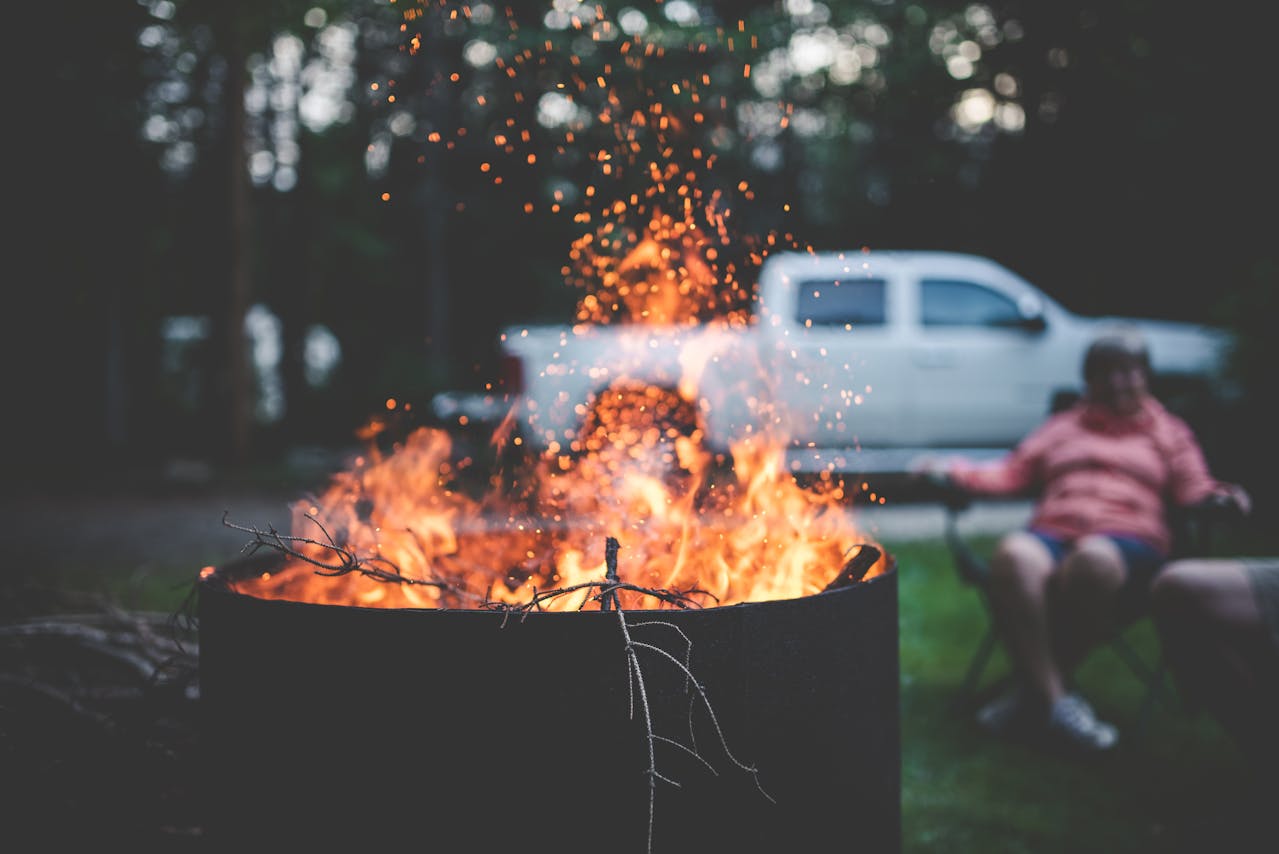Backyards look like private territory, but the rulebook often tells a different story. City codes, zoning rules, and homeowners associations quietly reach past the fence and into daily routines, shaping everything from weekend projects to evening gatherings. A simple decision about where to hang laundry or how to celebrate a holiday can become a technical violation. Seen together, these limits reveal how modern neighborhoods balance safety, order, and comfort against a very human desire for freedom at home.
Hanging Laundry On A Clothesline
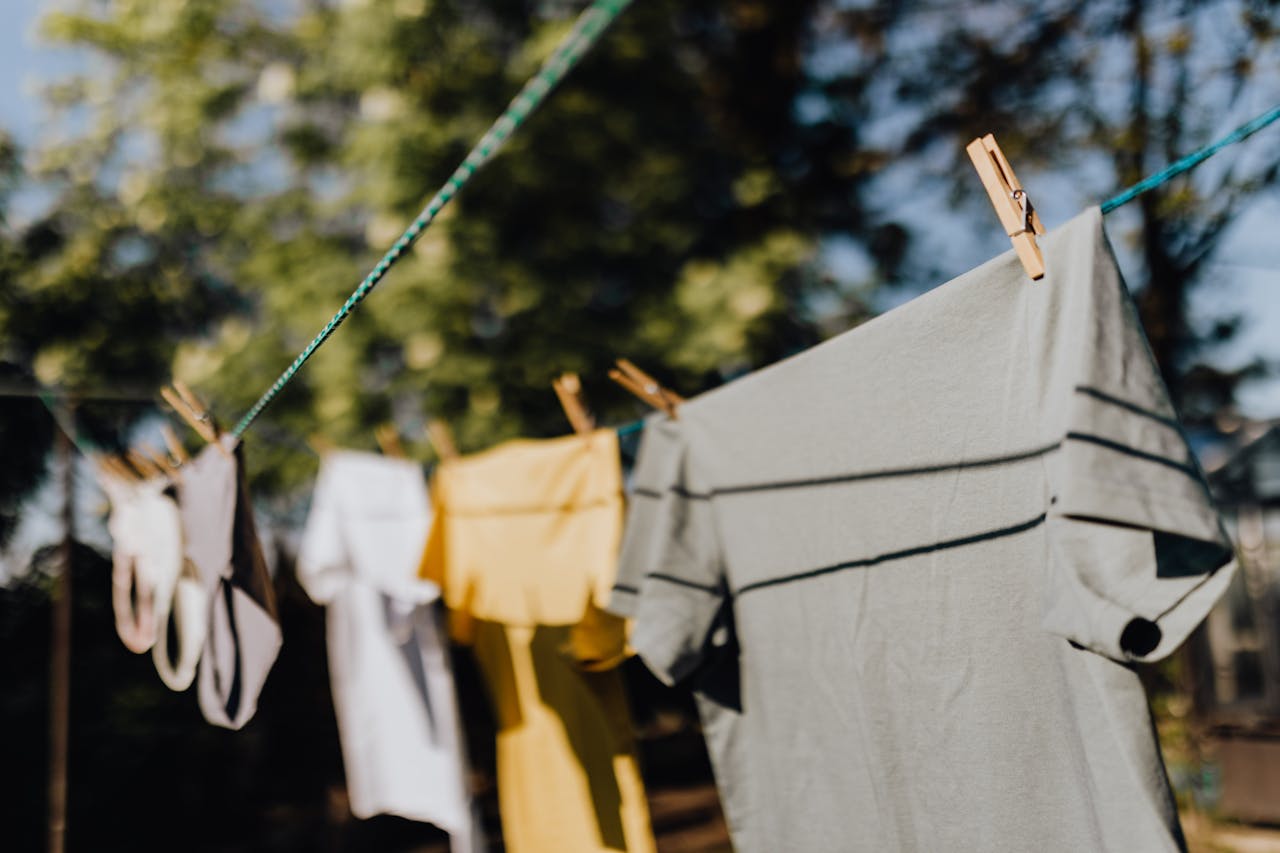
In some neighborhoods, a simple row of shirts on a line is treated as a violation of community image. Homeowners associations may ban visible clotheslines, arguing that they look messy or lower property values, even when electricity prices are rising. A resident might hang laundry to save money or avoid using a dryer in summer heat, only to receive a warning letter that turns a basic household chore into a quiet dispute over privacy and control.
Burning Leaves And Backyard Trash
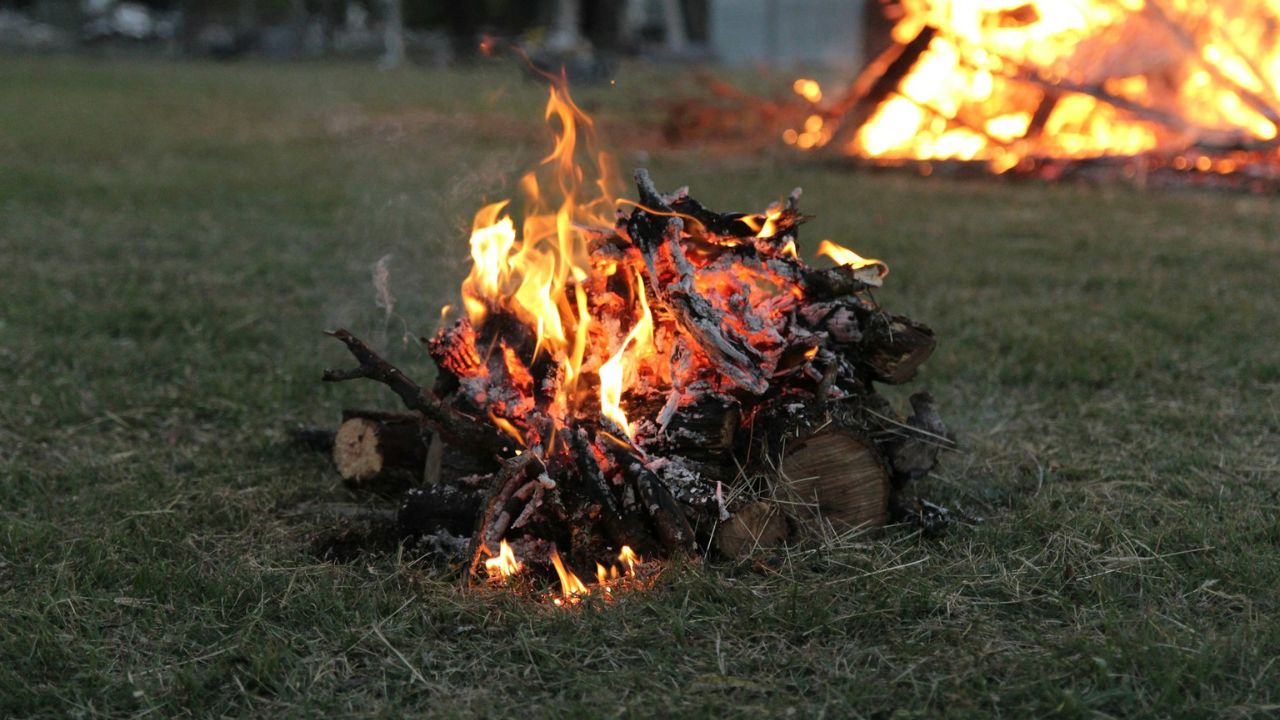
For many older residents, fall once meant raking leaves into a pile and lighting a match. Today, open burning of yard waste or household trash is widely restricted because of smoke, fire risk, and air quality concerns. Local rules may ban burn barrels, limit fires to certain seasons, or require specific permits. What used to feel like a normal seasonal ritual can now bring fines, complaints from neighbors with asthma, and visits from fire officials who must enforce increasingly strict safety standards.
Keeping Chickens, Goats, Or Other Livestock
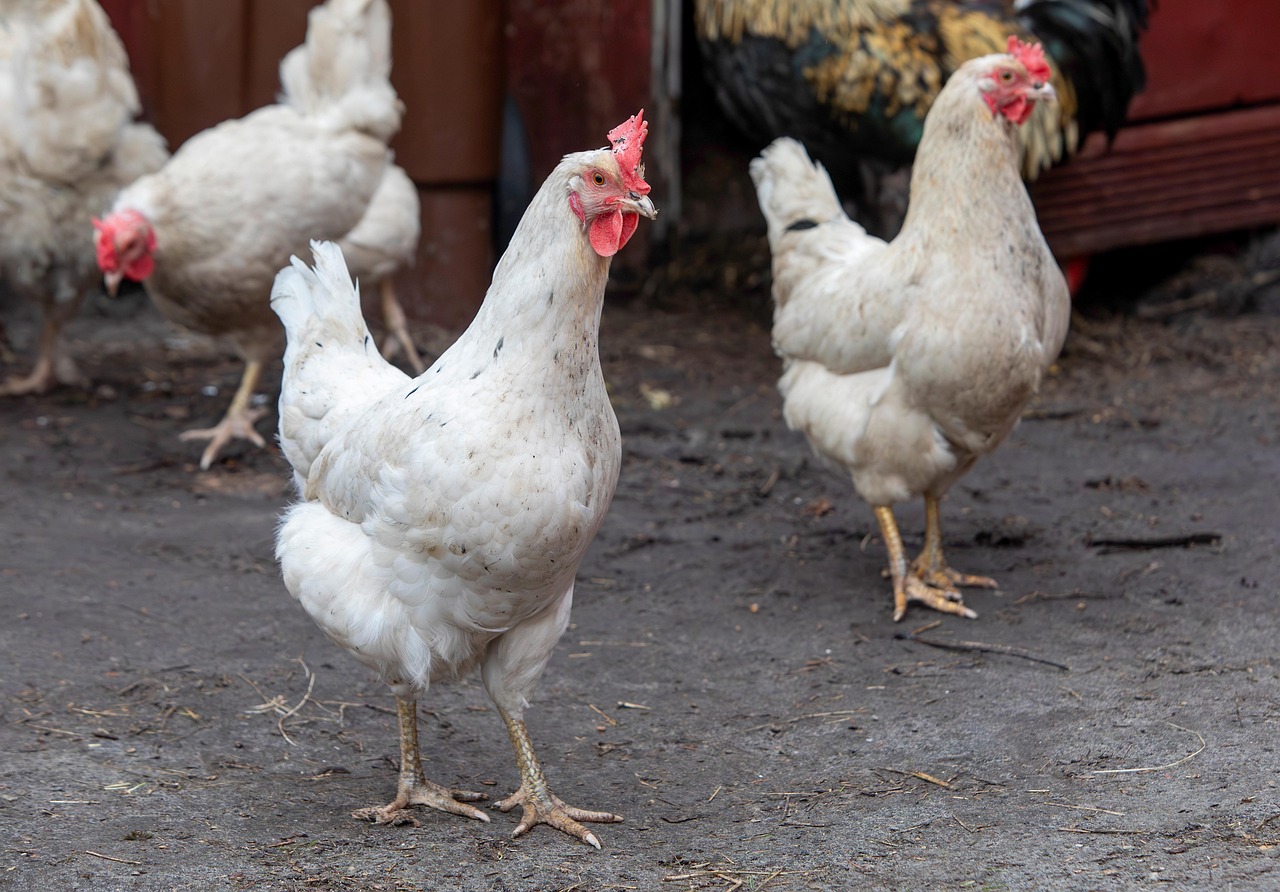
Backyard eggs and small dairy animals sound charming, but zoning codes often have the final say. Many towns allow only a few hens, forbid roosters, or ban goats and pigs entirely on small residential lots. Officials worry about noise, manure, odors, and predators that might follow the animals into dense neighborhoods. A household that invests in a coop, fencing, and feed can discover that the flock itself is technically not allowed, leaving owners negotiating variances or searching for a farm to take them.
Building A Shed, Tiny Home, Or Backyard Office
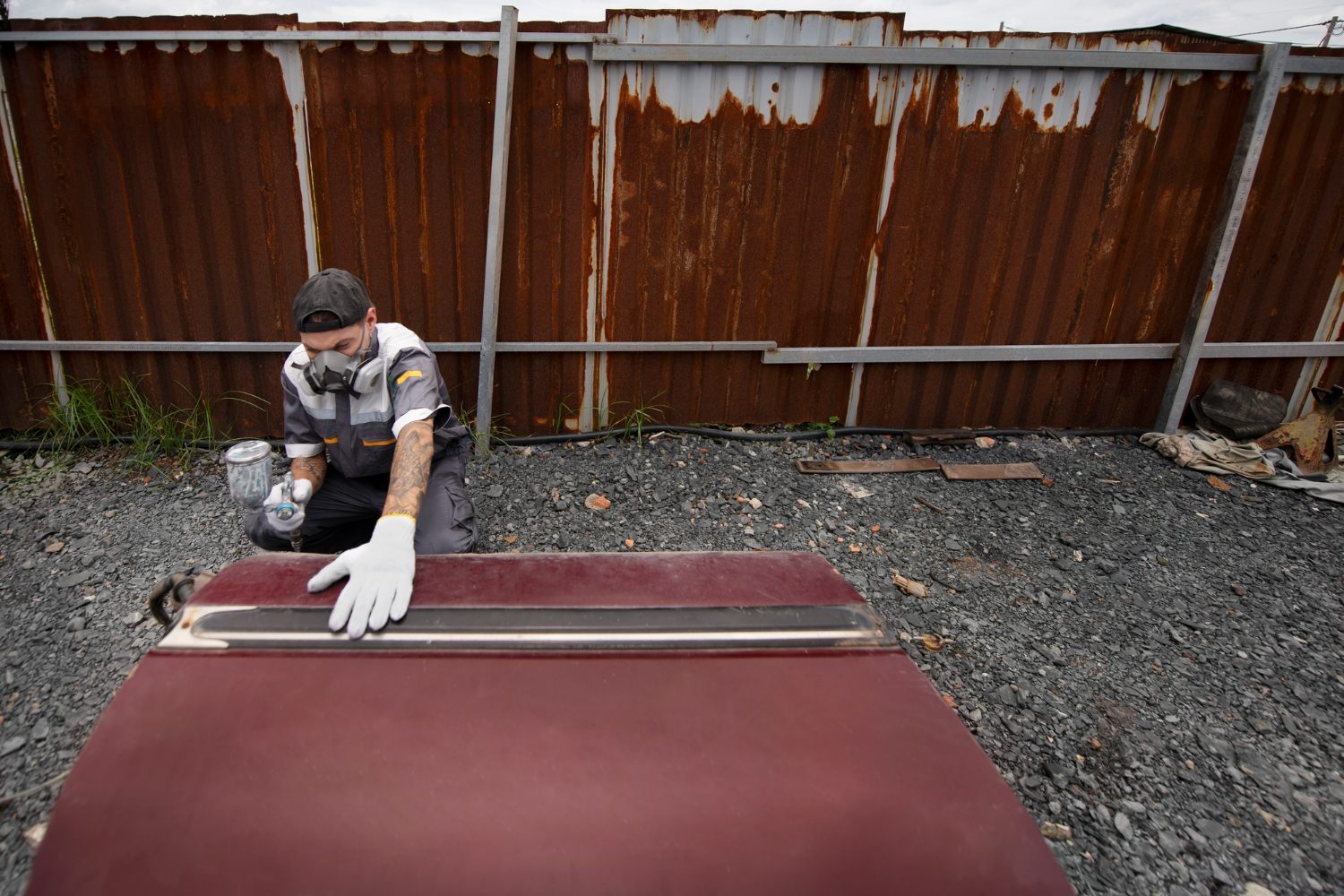
That modest shed or studio in the corner of the yard can legally count as a full accessory structure. Once a building crosses a certain size or includes wiring, plumbing, or insulation, most cities require permits, inspections, and minimum distances from property lines. A backyard office for remote work may even be treated as a commercial use if clients visit regularly. What began as a simple storage or workspace idea sometimes ends with stop work orders and expensive after the fact approvals.
Collecting Rainwater In Large Barrels

Storing rainwater in barrels feels like the easiest form of conservation, yet water rights still shape what is allowed at home. Some states cap the number and size of barrels a household can use, tying those limits to rooftop collection and on site use. Local plumbing and mosquito control rules may also restrict how rain tanks are built and screened. A well meaning resident who quietly expanded a system over several seasons can find that the total capacity now exceeds what the law permits.
Hosting Loud Concerts Or Frequent Events
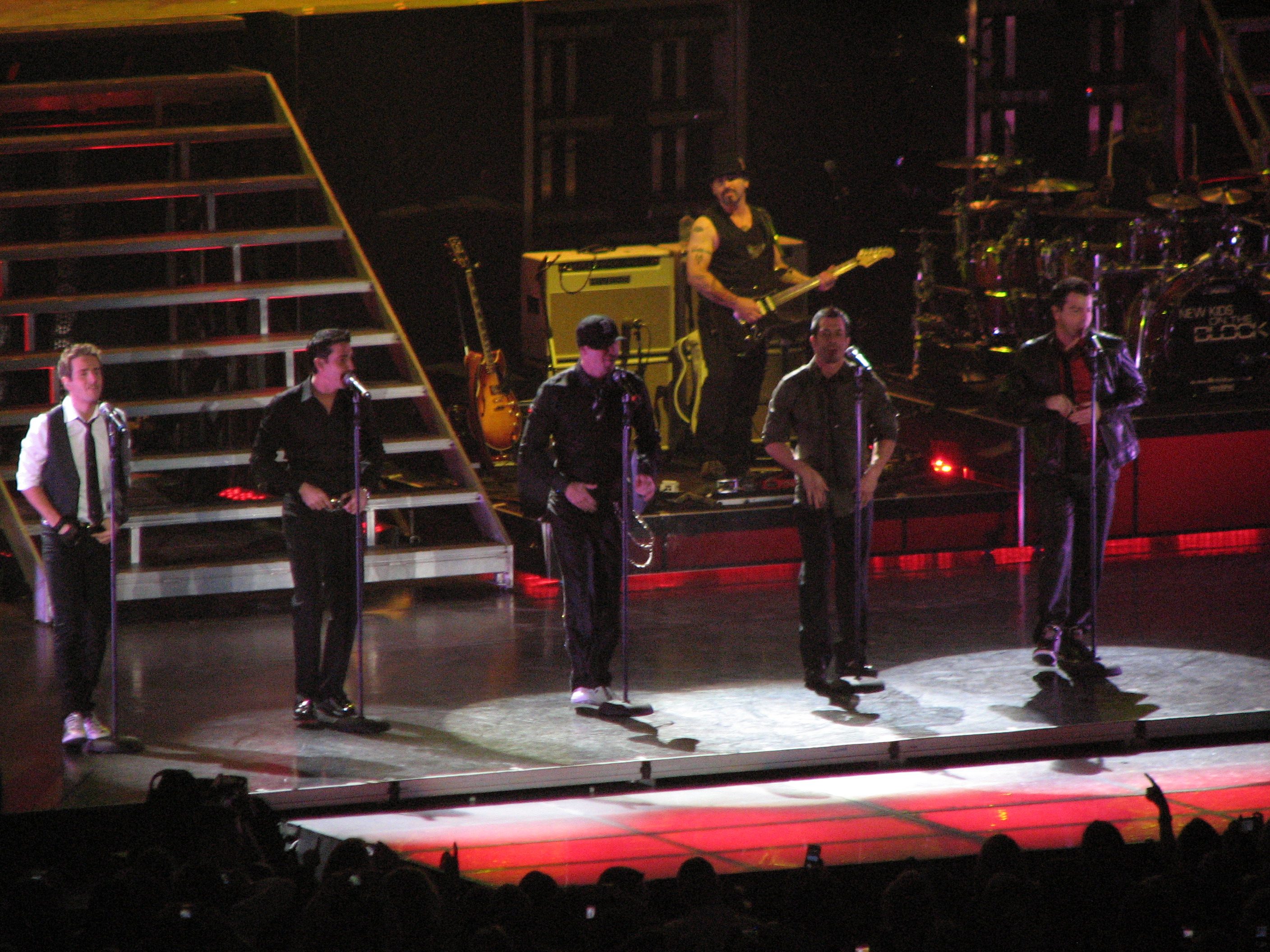
Turning a backyard into a regular venue for live music or big gatherings often collides with noise ordinances and home business rules. Cities set maximum decibel levels, quiet hours, and limits on amplified sound in residential zones, especially at night. Parking congestion and repeated deliveries can push an address into commercial territory in the eyes of officials. A once a year celebration usually passes without trouble, but weekly shows or paid events can prompt neighbors to call police, turning parties into legal problems.
Turning The Yard Into A Campsite
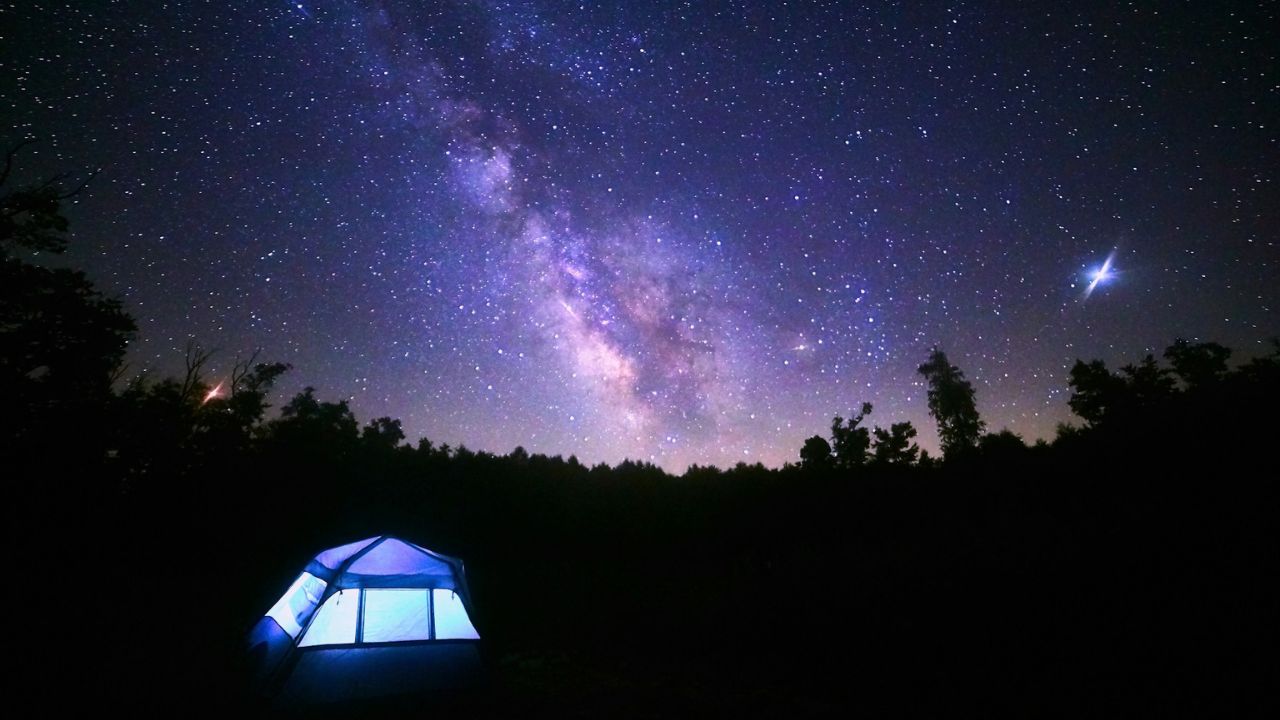
Parking an RV beside the house or pitching tents for guests might feel harmless, yet many zoning codes draw a hard line between short visits and ongoing residence. In numerous cities, it is illegal to live full time in a camper, tiny house on wheels, or tent on a standard residential lot. Rules often cover how long a vehicle may stay hooked up to power or sewer lines. What starts as flexible housing for relatives can eventually trigger enforcement letters demanding everyone move inside.
Burying Loved Ones Or Pets Under A Tree
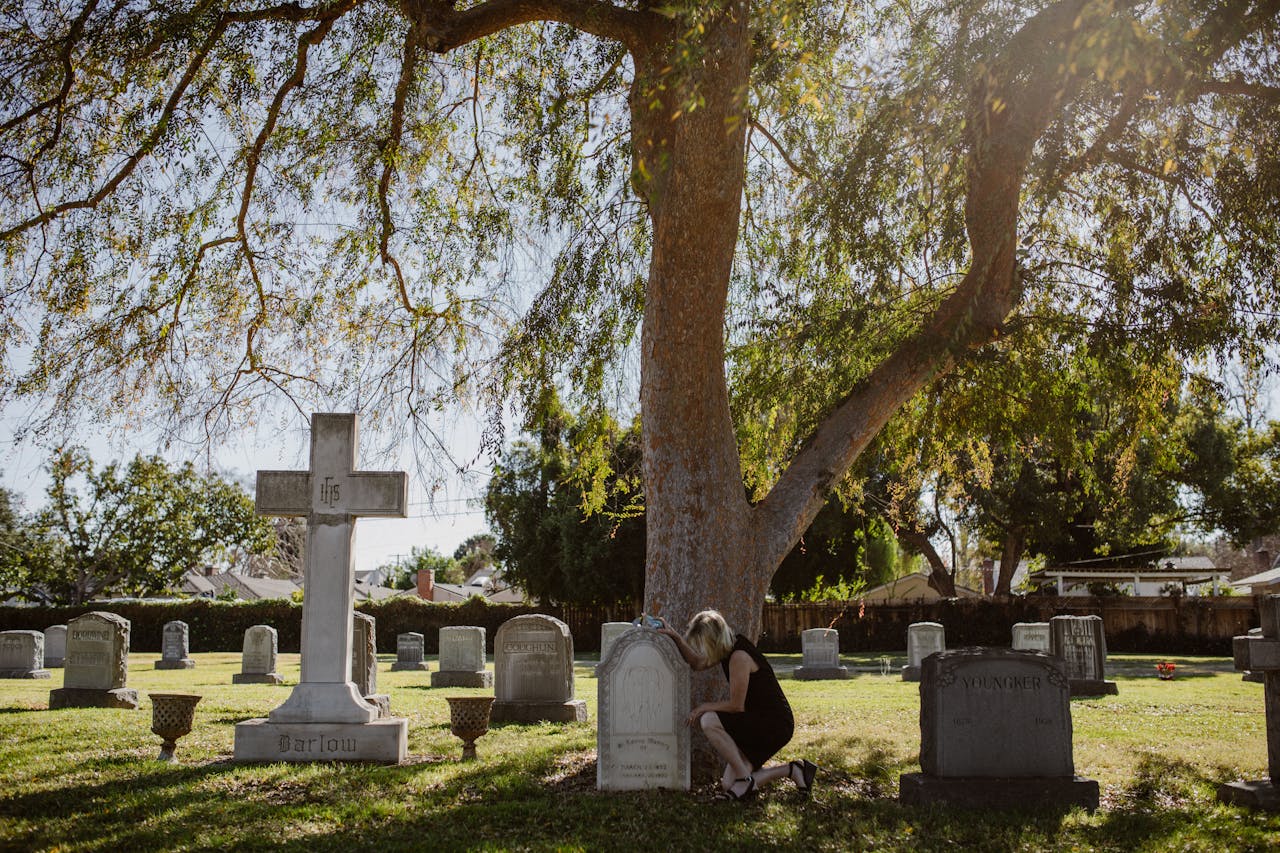
The instinct to lay a companion to rest under a favorite tree is strong, but burial law is far more detailed than most people realize. Some jurisdictions allow pet burials on private land if graves are deep enough and kept away from wells or streams, while others ban the practice outright. Human remains are usually limited to licensed cemeteries or formally approved family plots. A quiet backyard grave can create problems later during a sale, inspections, or family disputes about how land is used.
Setting Off Fireworks Or Target Shooting

Summer traditions often involve bright bursts of light or the crack of a rifle, yet both activities are tightly regulated in many communities. Cities commonly ban discharging firearms within their limits, even when bullets remain on private land, because stray shots are unpredictable. Fireworks rules vary widely, with some places allowing only small ground effects during narrow holiday windows. A show that feels festive from one porch may terrify nearby pets, flood the block with smoke, and send police on late night calls.
